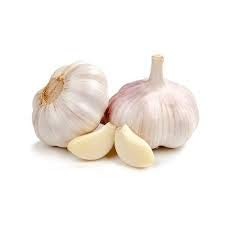
Garlic Lashun (लसुन)
Garlic is a widely used herb in Nepal and many cuisines worldwide, known for its unique flavor and numerous health benefits. Here's an overview of its nutrients, health benefits, and...
Get Garlic Lashun (लसुन) From Nearby Stores
No Recommendations Available
We couldn't find any stores with Garlic Lashun (लसुन) products at the moment.